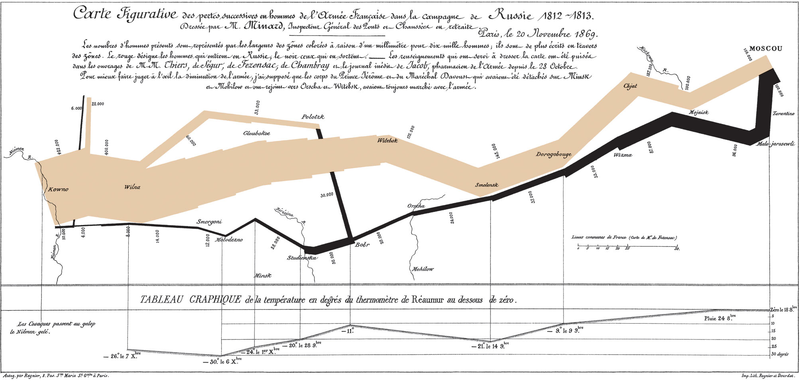|
|
Post by sfscriv on Mar 17, 2013 12:59:15 GMT 1
 The campaign began on 24 June 1812. While the Russians used scorched-earth tactics, and often raided the enemy with light Cossack cavalry, their main army retreated for almost three months. At nearly half a million strong, the Grande Armée marched through Western Russia, winning a number of relatively minor engagements and a major battle at Smolensk on August 16–18. Finally, on 7 September, the two armies met near Moscow in the Battle of Borodino. The battle was the largest and bloodiest single-day action of the Napoleonic Wars; it involved more than 250,000 soldiers and resulted in at least 70,000 casualties. Napoleon entered Moscow on September 14.  Alexander I refused to capitulate and the peace talks that Napoleon initiated failed. In October, with no clear sign of victory in sight, Napoleon began his disastrous Great Retreat from Moscow. The Grande Armée underwent catastrophic blows from the onset of the Russian Winter, the lack of supplies and constant guerilla warfare by Russian peasants and irregular troops. When the remnants of Napoleon's army crossed the Berezina River in November, only 27,000 fit soldiers remained; the Grand Armée had lost some 380,000 men dead and 100,000 captured. Napoleon moved ahead to return to Paris to protect his position as Emperor and to prepare to resist the advancing Russians. The campaign ended on 14 December 1812.  |
|